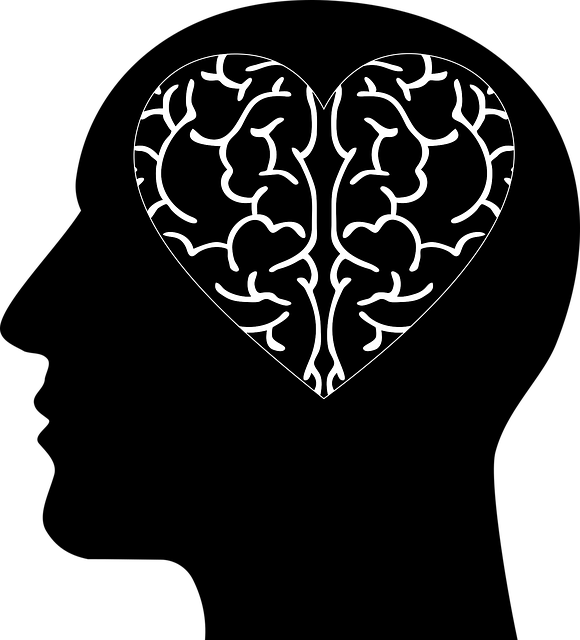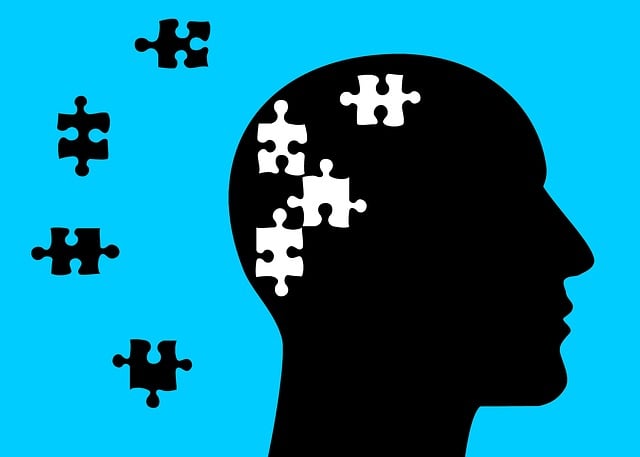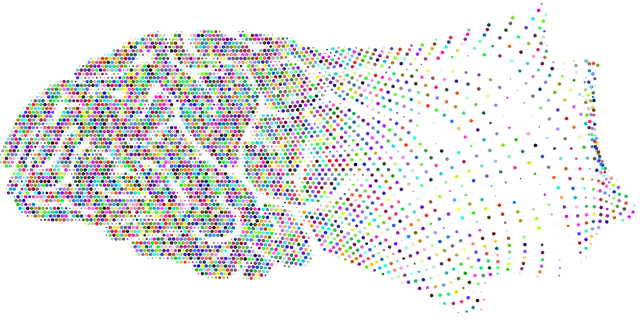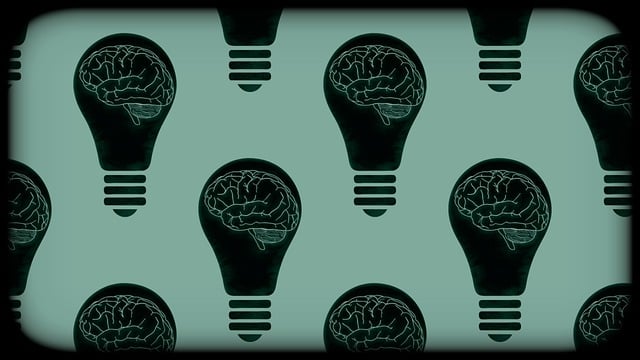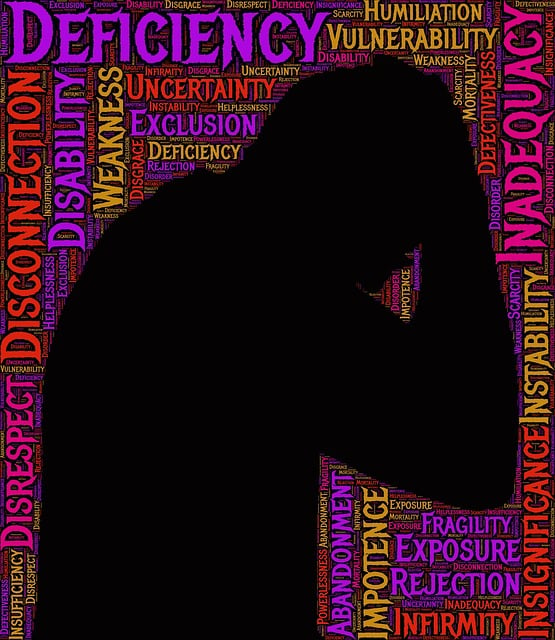Cultural sensitivity is crucial in therapy for adolescent teens, especially with approaches like Dialectical Behavioral Therapy (DBT), requiring healthcare provider training in cultural competency. This equips professionals to navigate diverse backgrounds, avoid stereotypes, and create inclusive environments, preventing burnout and enhancing patient outcomes. DBT teaches skills in mindfulness, emotion regulation, and interpersonal effectiveness, helping teens cope with stress, regulate emotions, and improve relationships. Incorporating cultural competence improves therapy for adolescents from diverse backgrounds by tailoring approaches like DBT to accommodate unique values, beliefs, and practices, fostering safer, more welcoming environments and enhancing treatment outcomes.
In today’s diverse society, cultural sensitivity is paramount in mental healthcare. Understanding and respecting different cultural contexts can significantly enhance therapy outcomes, especially for vulnerable populations like adolescent teens. This article explores the essentials of cultural sensitivity, focusing on Dialectical Behavioral Therapy (DBT) as a proven approach for teen mental health. We delve into integrating cultural competence, highlighting strategies to adapt DBT techniques for diverse adolescents, ensuring inclusive and effective care.
- Understanding Cultural Sensitivity in Mental Healthcare
- Dialectical Behavioral Therapy for Adolescent Teens
- Integrating Cultural Competence into Therapy Practice
Understanding Cultural Sensitivity in Mental Healthcare

Cultural sensitivity is a cornerstone of effective mental healthcare practice, especially when treating adolescent teens. It involves understanding and respecting the unique cultural backgrounds, beliefs, and values that shape an individual’s experience of mental health and well-being. In the context of therapy for adolescent teens, such awareness can significantly enhance the therapeutic process. For instance, Dialectical Behavioral Therapy (DBT), a highly effective approach for treating borderline personality disorder and emotional regulation issues, must be adapted to resonate with diverse cultural perspectives.
Healthcare provider cultural competency training is vital to mastering this skill. It equips professionals with the knowledge and tools to navigate sensitive topics, avoid stereotypes, and create an inclusive environment. By integrating these strategies, healthcare providers can prevent burnout, a common issue in demanding fields like mental health care. Burnout prevention strategies for healthcare providers are essential not just for their well-being but also for ensuring consistent and culturally sensitive care, ultimately fostering better outcomes for patients, particularly adolescent teens navigating complex emotional challenges.
Dialectical Behavioral Therapy for Adolescent Teens

Dialectical Behavioral Therapy (DBT) is a highly effective approach tailored for adolescent teens, addressing complex mental health challenges with a unique blend of mindfulness, emotion regulation, and interpersonal effectiveness skills. This therapy isn’t just about managing symptoms; it empowers young individuals to navigate life’s complexities while fostering mental wellness. The Mind Over Matter Principles, at the heart of DBT, encourage teens to embrace their thoughts and emotions without judgment, marking a significant shift towards self-acceptance and resilience.
In the context of Mental Wellness Podcast Series Production, DBT offers valuable insights for therapists and caregivers. By integrating these skills into daily life, teens can enhance their ability to cope with stress, regulate emotions, and improve relationships—all essential components of a robust mental health policy analysis and advocacy strategy. This therapy is a testament to the power of understanding cultural nuances and adapting therapeutic methods to suit diverse youth needs.
Integrating Cultural Competence into Therapy Practice

Incorporating cultural competence into therapy practice is an essential step in ensuring effective treatment for adolescent teens from diverse backgrounds. Cultural sensitivity involves understanding and appreciating the unique values, beliefs, and practices of different ethnic groups, which can significantly impact mental health experiences and expressions. For instance, dialectical behavioral therapy (DBT), a popular approach for emotional healing processes, may need to be tailored to accommodate cultural variations in communication styles or coping mechanisms. By integrating these insights, therapists can create a safer and more welcoming environment, fostering open dialogue and enhancing the overall therapeutic experience.
This shift towards culturally sensitive practices is also crucial for mitigating burnout prevention among mental health professionals. The ability to recognize and navigate cultural differences during risk assessment for adolescent teens reduces the likelihood of misunderstandings or miscommunications that could hinder progress. As therapists adapt their methods to align with the young person’s cultural framework, they promote trust and engagement, ultimately improving treatment outcomes. This approach not only benefits the patients but also strengthens the therapeutic alliance, which is vital for successful mental health interventions.
Cultural sensitivity is a cornerstone of effective mental healthcare, especially when treating adolescent teens. Integrating dialectical behavioral therapy (DBT) with a deep understanding of cultural competence can significantly enhance therapeutic outcomes. By recognizing and respecting diverse cultural backgrounds, mental health professionals can create safe spaces that foster trust and encourage open communication. This approach ensures that DBT, known for its benefits in emotion regulation and distress tolerance, is tailored to meet the unique needs of each teen, promoting their overall well-being.
